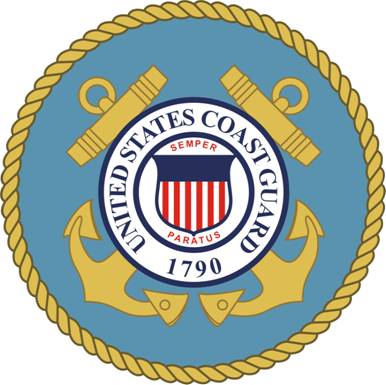

Alien Migrant Interdiction
Back to Enforcement
Under Executive Order 12807 (1992) and in support of USC Title 8, the USCG migrant interdiction policy is designed to interdict undocumented migrants prior to landfall in the United States. Based on these instructions, the USCG is authorized to stop and board vessels when there is reason to believe such vessels are engaged in: (a) the "irregular transport of persons"; (b) violations of U.S. immigration law; and/or (c) violation of the immigration laws of a foreign country with which the U.S. has an agreement. This mission consists of detection and monitoring of migrant smuggling vessels and apprehending, detaining, and assisting in the repatriation of migrants.
Migrant smuggling, specifically from the People’s Republic of China (PRC), has quickly become a lucrative venture for organized crime syndicates. Migrants typically pay upwards of $30,000 for a chance to illegally enter the U.S. via maritime means. Living conditions on board these vessels are often deplorable, cramped and unhealthy. The Coast Guard considers migrant interdiction both a law enforcement and a humanitarian mission.
In order to maximize the nation-wide interdiction effort, the Coast Guard works with other federal law enforcement agencies including the Immigration & Naturalization Service (INS), the U. S. Border Patrol, and the U. S. Customs Service. Through this multi-agency effort, the Coast Guard is able to provide a deterrent to illegal smuggling operations.
Back to Enforcement